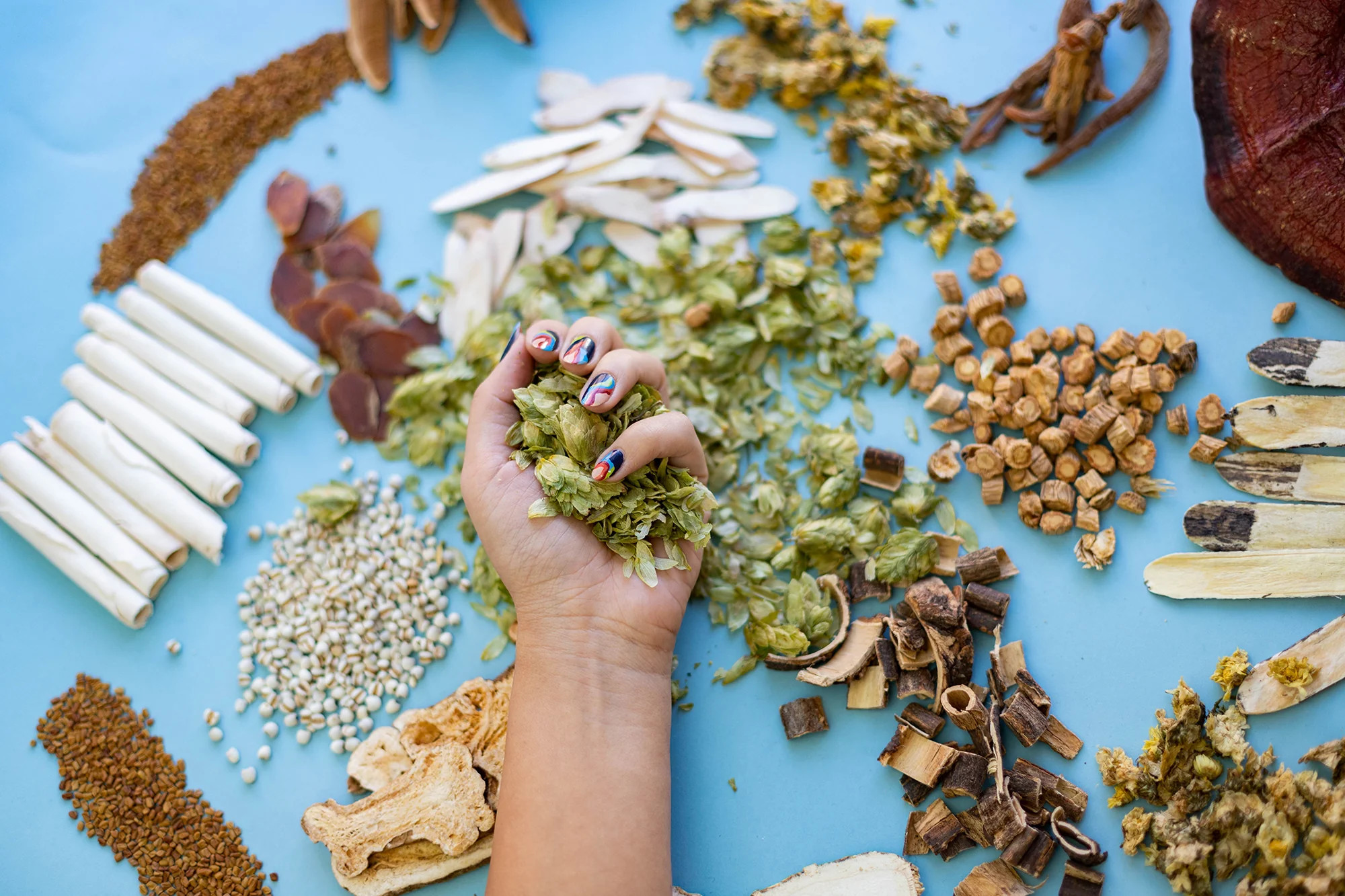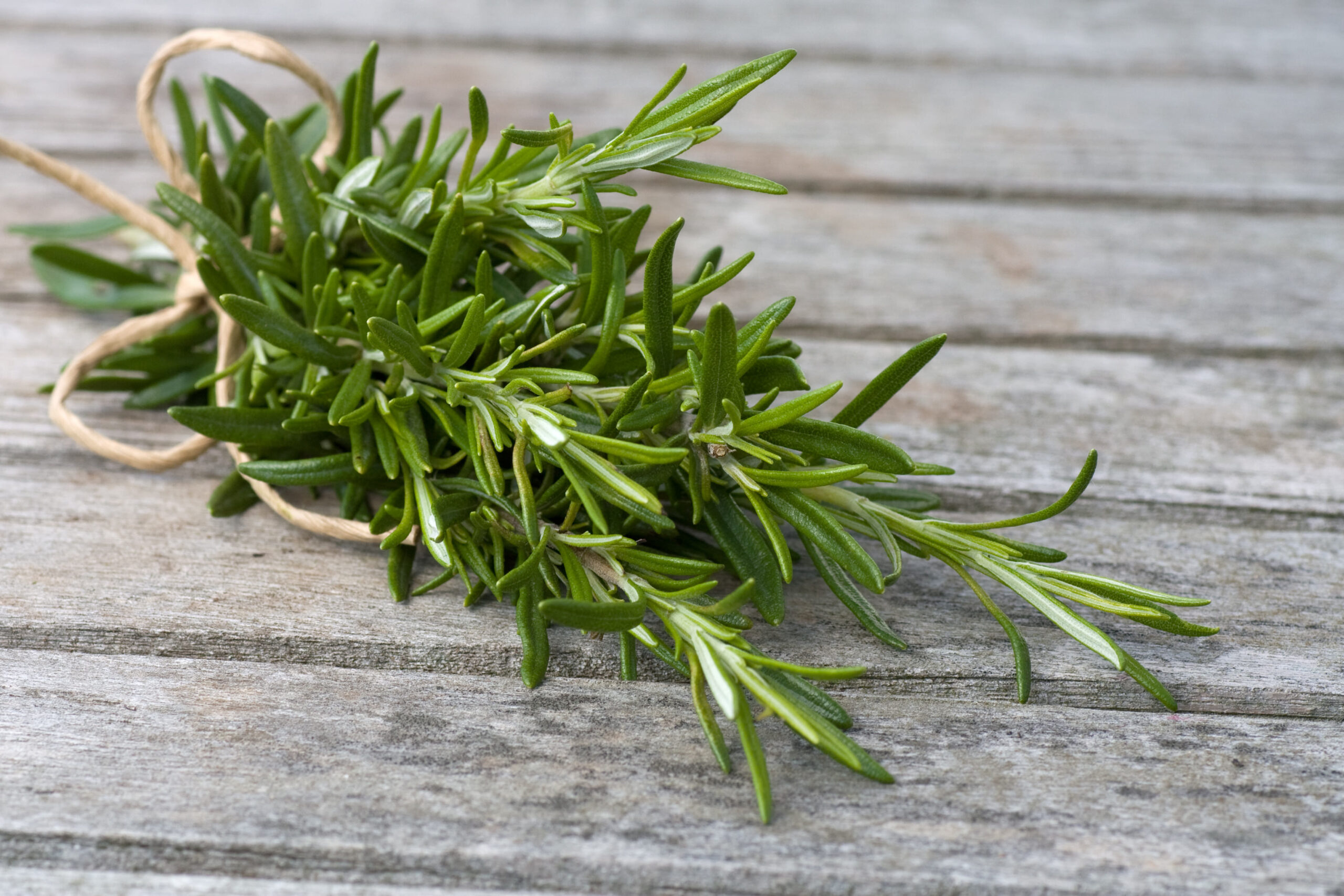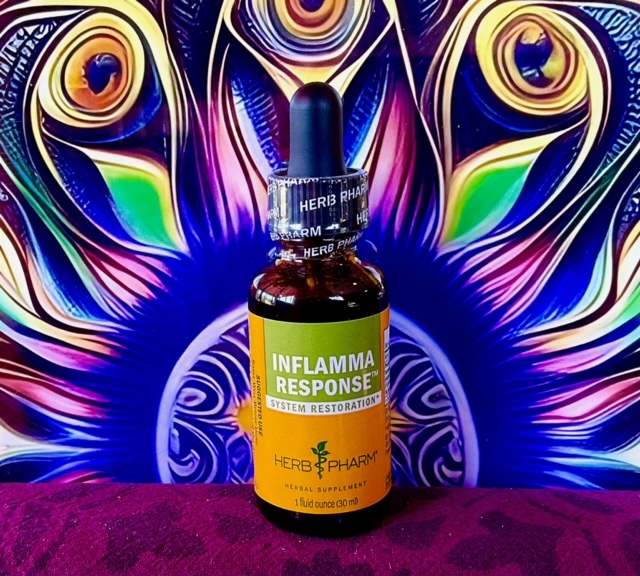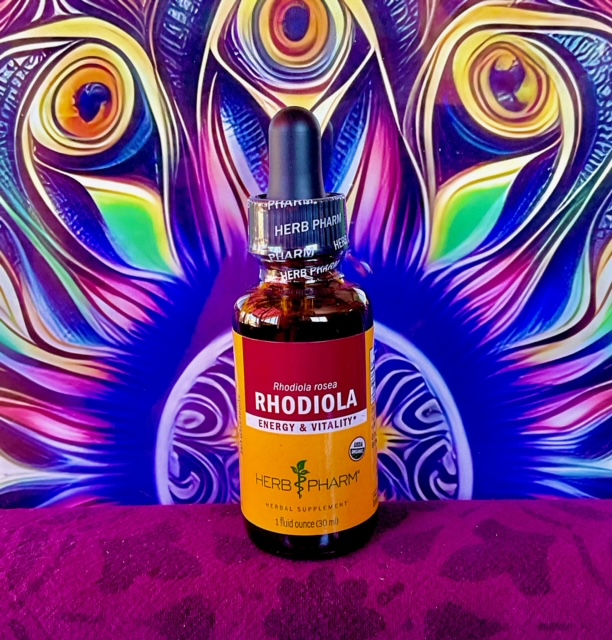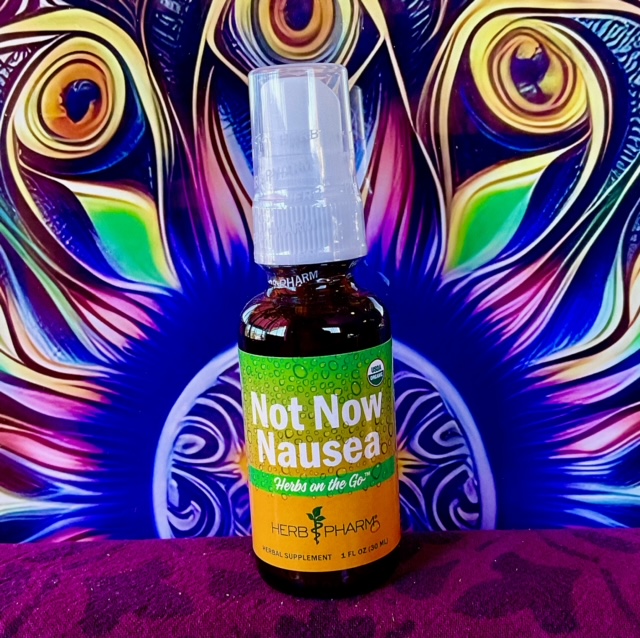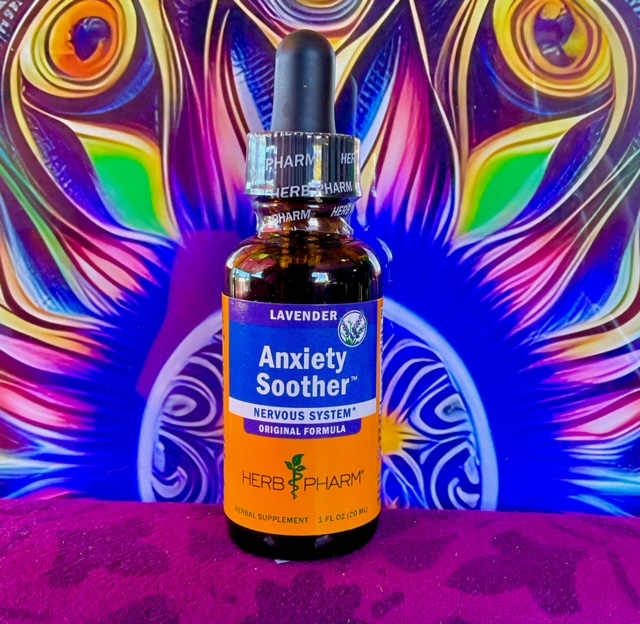Herbal medicine has been around for centuries, with different cultures using a variety of herbs to treat everything from mental health issues to skin conditions. Ancient Egyptian healers used chamomile and garlic to treat digestive issues and fatigue, while spa treatments in ancient Greece included marjoram and citrus fruits to help soothe muscle aches.
In India, ayurvedic medicine relies on the use of natural herbs like turmeric, coriander, and aloe vera to restore balance in the body. This is done by cleansing the body of toxins and nourishing it with the healing properties of seeds, leaves, roots and other parts of plants.
Native American tribes used a range of medicinal plants for healing – including echinachea for colds and fevers, burdock for skin rashes and inflammation, dandelion for digestive health and yarrow for fluxes. These plants are still widely used today as natural remedies.
Herbal remedies offer many benefits over pharmaceutical drugs or other approaches. They are natural substances that work with the body’s own biochemistry rather than against it. Herbs don’t tend to produce side effects like medications do, making them safe alternatives for those wanting a more holistic approach towards wellness. Additionally, because they come from plants instead of factories they usually contain fewer toxins or chemicals than processed medications.
This is especially important now since we live in a world filled with so much pollution and toxins in the air we breathe, the water we drink and even our food sources – making it all the more important that we use natural remedies like herbs when seeking solutions to our health issues. With herbal remedies you can rest assured knowing that you are taking something that has been proven safe by nature instead of relying on man-made products with unknown amounts of toxins or chemicals.


